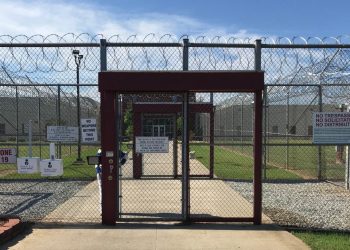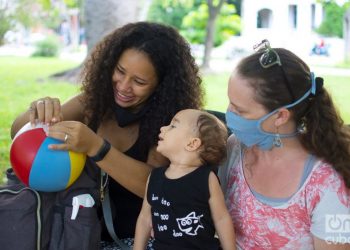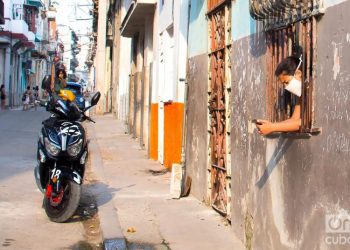Cubans in Stewart: from limbo to hell
Day after day, Oveida Hurtado, 64, lights a candle for her late mother in her apartment in the Vista Hermosa neighborhood in Ciego de Ávila. Oveida, who has suffered from Raynaud’s disease for more than a decade, does not ask the spirit of her mother for protection and health for her, but for her son Yosvel, who since June 2019 has been held in the Stewart Immigrant Detention Center, in Georgia, United States. “That is daily and it is sad, very sad, all that suffering,” said to OnCuba Yania Ferrer, Oveida’s daughter and Yosvel’s only sister, who remained on the island, in charge of taking care of her parents, when her brother decided to emigrate. Yosvel Ferrer Hurtado, 40, a Bachelor of Computer Science, single and without children, had had work problems in Cuba according to his sister because, despite relating “well with everyone” and being professionally prepared, “he did not agree with the politics of this country.” Yania says that “in the end, due to that situation, doors started closing and then he decided to take an opportunity outside the country.” He was first in Chile, from where he returned to Cuba to see his father, who was very...





